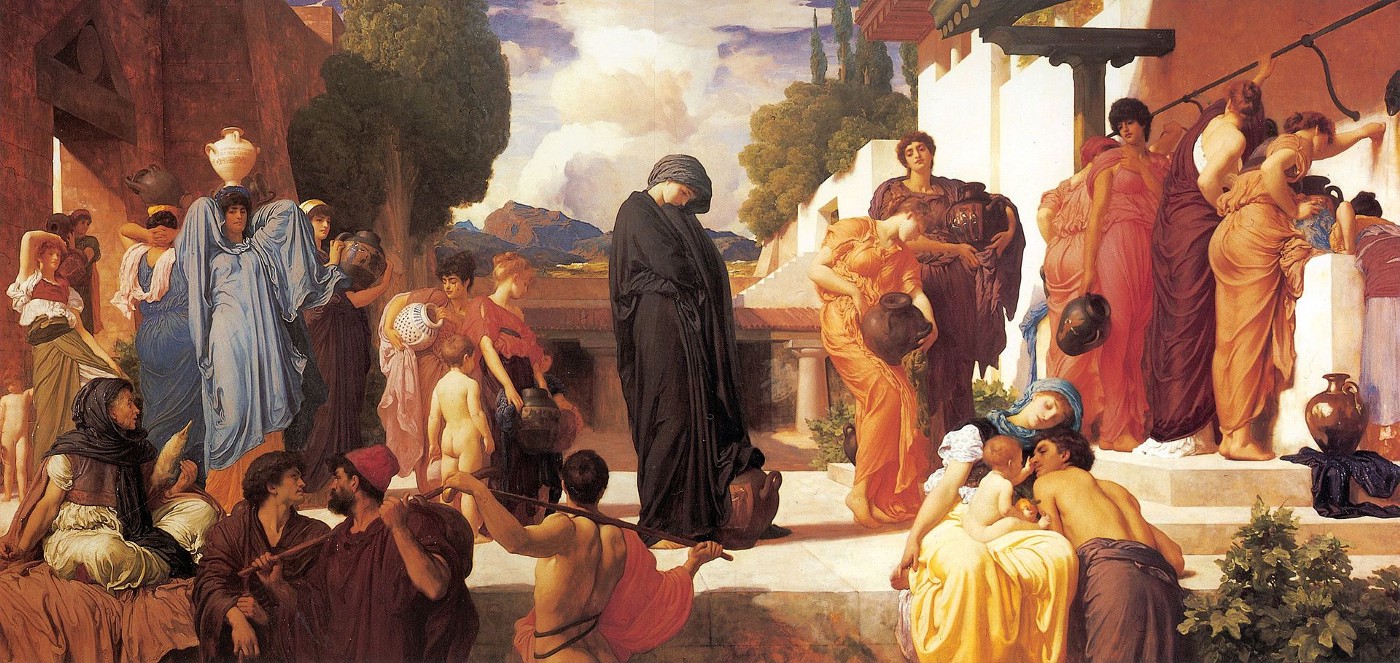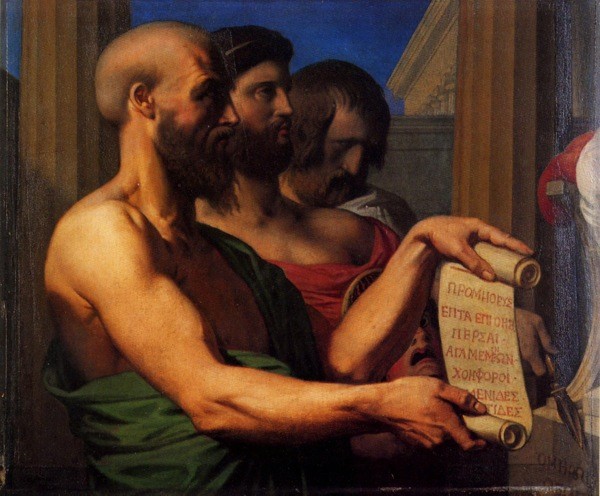by Andrew Aulner, Contributing Writer, Classical Wisdom Euripides is unique among the three tragedians in that, unlike Aeschylus and Sophocles, there is no historical record that he ever served in the Greek military. Admittedly, Euripides was able to describe actual battle techniques in Phoenician Women and Children of Heracles, despite the lack of a record



